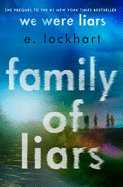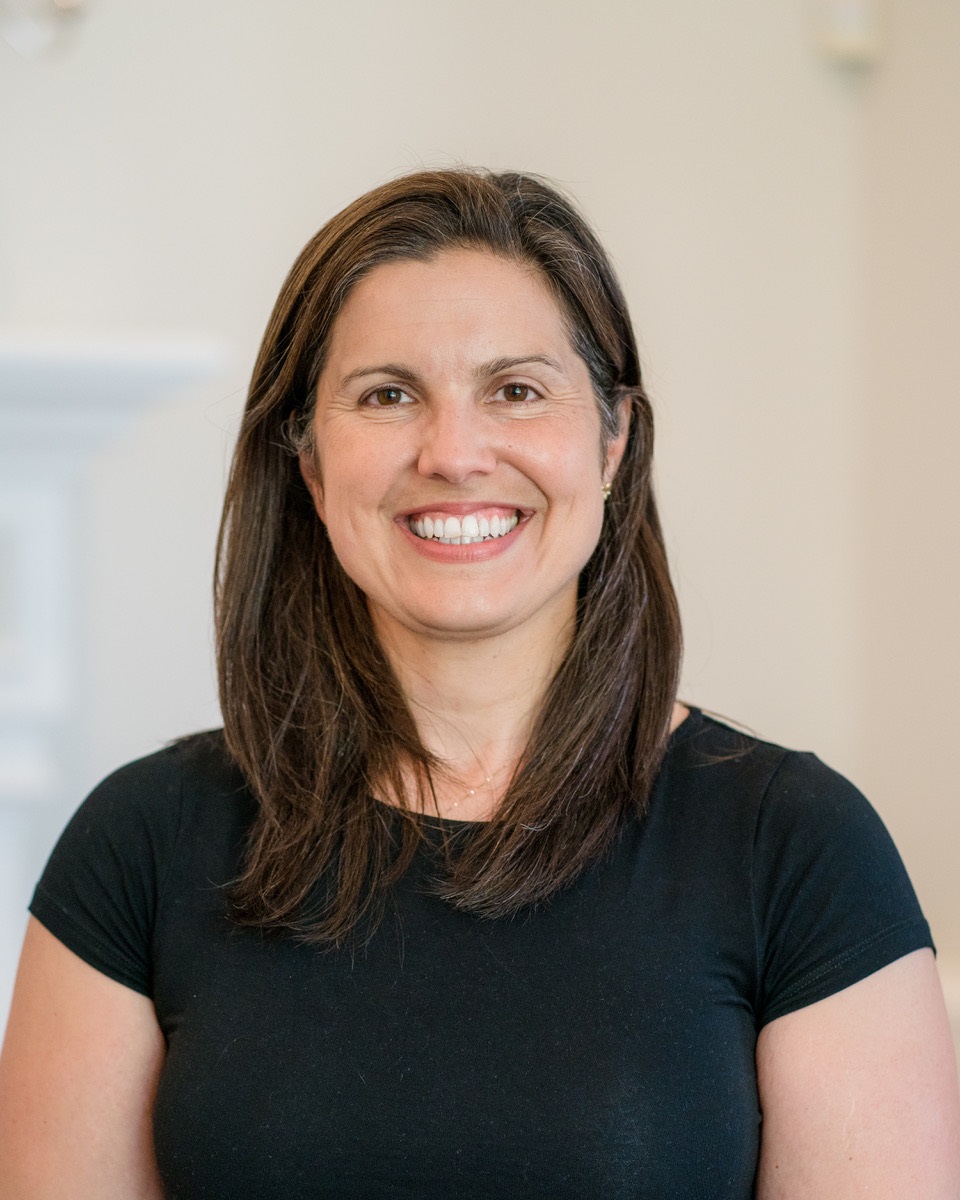 |
| photo: Lacey Khiev |
Katharine Gregorio was inspired to write The Double Life of Katharine Clark (Sourcebooks, March 15, 2022) when she uncovered a family secret about her great-aunt, who worked as a foreign correspondent in Europe at the height of the Cold War. Gregorio used what she learned earning degrees in history from Dartmouth College and international relations from the London School of Economics and Political Science in her quest to unravel the story, which was years in the making. She lives with her family in San Francisco.
Handsell readers your book in 25 words or less:
Would you risk your life for a friend? Correspondent Katharine Clark did. This thrilling Cold War adventure tells how this decision changed her and history.
On your nightstand now:
There are three: The Last Olympian by Rick Riordan, the last book in the Percy Jackson series. My son got me hooked on them, and we've been reading the series in parallel, comparing our impressions and thoughts about this amazing half-human, half-mythological adventure story. The Amazing Adventures of Kavalier & Clay by Michael Chabon. I found it while unpacking some boxes in the garage and have just started rereading this wonderful book. Hell of a Book by Jason Mott. I am almost done with this beautiful story. It is absolutely brilliant. I am in awe.
Favorite book when you were a child:
Am I allowed to say all of them? If I had to pick one, it would be the poetry of A.A. Milne found in Now We Are Six and When We Were Very Young. I loved the content and rhythm of the poems, which my mother made richer with different voices, emphasis and volumes. Some of my favorite poems were and still are "Disobedience," "Buckingham Palace" and "King John's Christmas."
Your top five authors:
Hard to answer this one, as there are so many. The authors whose works I've read completely and who I most often recommend to others are: Evelyn Waugh, Nikolai Gogol, Jane Austen, F. Scott Fitzgerald, Milan Kundera.
Book you've faked reading:
I honestly can't think of one. When I was younger, I forced myself to finish every book, even if I disliked it. Now I am much more protective of my time; I have no problem adding something to a DNF pile. My philosophy is there are too many books to enjoy in the world to bother with ones that don't sing to you.
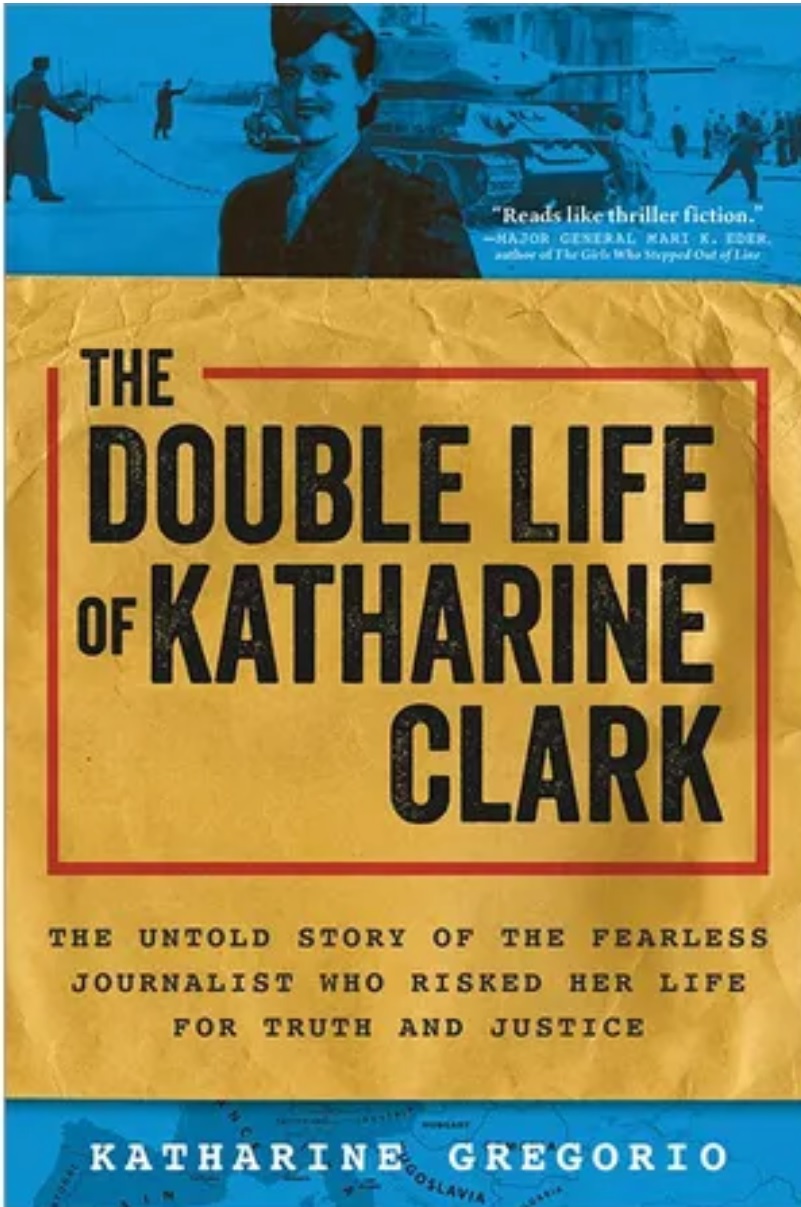 Book you're an evangelist for:
Book you're an evangelist for:
The Path Between the Seas by David McCullough. It's one of the most amazing accounts about the making of the Panama Canal, detailing the sacrifices and ingenuity required to build it. And there is a connection to my book! In the late 1930s and up until 1941, my great-grandparents were stationed in Panama. (And Katharine stays with them for part of this period, giving her a stepping stone into radio). While in Panama, my great-grandmother befriended the daughter of William Gorgas, the doctor who discovered the connection between mosquitoes and diseases like yellow fever and malaria. McCullough details this scientific breakthrough in stemming the tide of worker deaths.
Book you've bought for the cover:
The Curious Incident of the Dog in the Night-Time by Mark Haddon. The cover was red and had an illustration of an upside-down dog. The title font was rounded, friendly and all lowercase. Who wouldn't buy it?
Book you hid from your parents:
My parents encouraged me to read everything, exposing me to different authors and subject matters so that I could gain a broad perspective and form my own opinions. If you're asking how many nights I turned on a flashlight and read under my covers after I was supposed to be asleep, that would require a different response.
Book that changed your life:
I read The Razor's Edge by W. Somerset Maugham the summer before my senior year in college. I was in Rome, interning for the United Nations and starting to think about what I wanted to do after graduation. The book is about a man seeking the meaning of life after returning to Chicago society after war. His rejection of the material in order to find deeper meaning leads him ultimately to a sunset on a mountain peak in the Himalayas. It was the right book at the right time and made me realize I alone controlled decisions that would make me happy. Its lessons still guide me today.
Favorite line from a book:
"So we beat on, boats against the current, borne back ceaselessly into the past."
Like every other American teenager, I read The Great Gatsby by F. Scott Fitzgerald in high school. (Unlike every other American teenager, I wrote a paper on the book, arguing that eyes were like toilets, because Fitzgerald used words like plunging and flushing when he described his characters' eyes.) I loved every sentence in the book, but with this single last one Fitzgerald captured the book's entire premise. It stopped me the first time I read it and has stuck with me ever since.
Five books you'll never part with:
The Razor's Edge by W. Somerset Maugham
Pride and Prejudice by Jane Austen
Anna Karenina by Leo Tolstoy
The Westing Game by Ellen Raskin
Just So Stories by Rudyard Kipling
Book you most want to read again for the first time:
The Master and Margarita by Mikhail Bulgakov. I read it in a two-quarter Humanities class at Dartmouth that covered literature from Homer to present day and grouped stories by time and geographies so that we could compare and contrast similarities and differences. I had never heard of this book until that class. When I finished it, I felt it was the most fascinating story I had ever read, one that defied any prediction I could make of the plot. I wish I could go back to not knowing how it unfolds and experience that joy of delight and surprise all over again.
Fictional character would you most like to meet in real life:
Hands down, Mrs. Piggle-Wiggle, the title character in the series by Betty MacDonald. She lived in an upside-down house and had pirate treasure buried in her backyard.
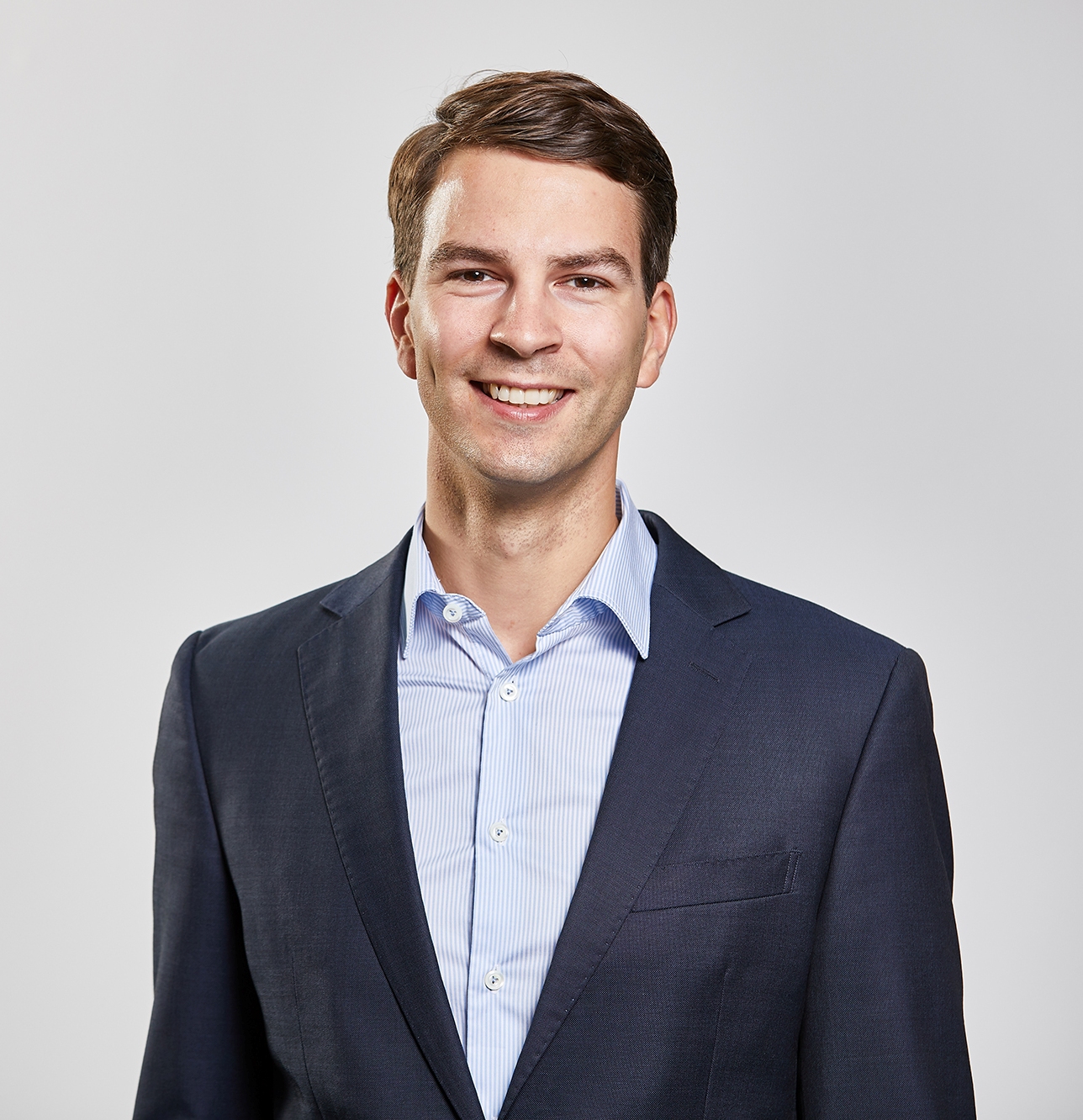









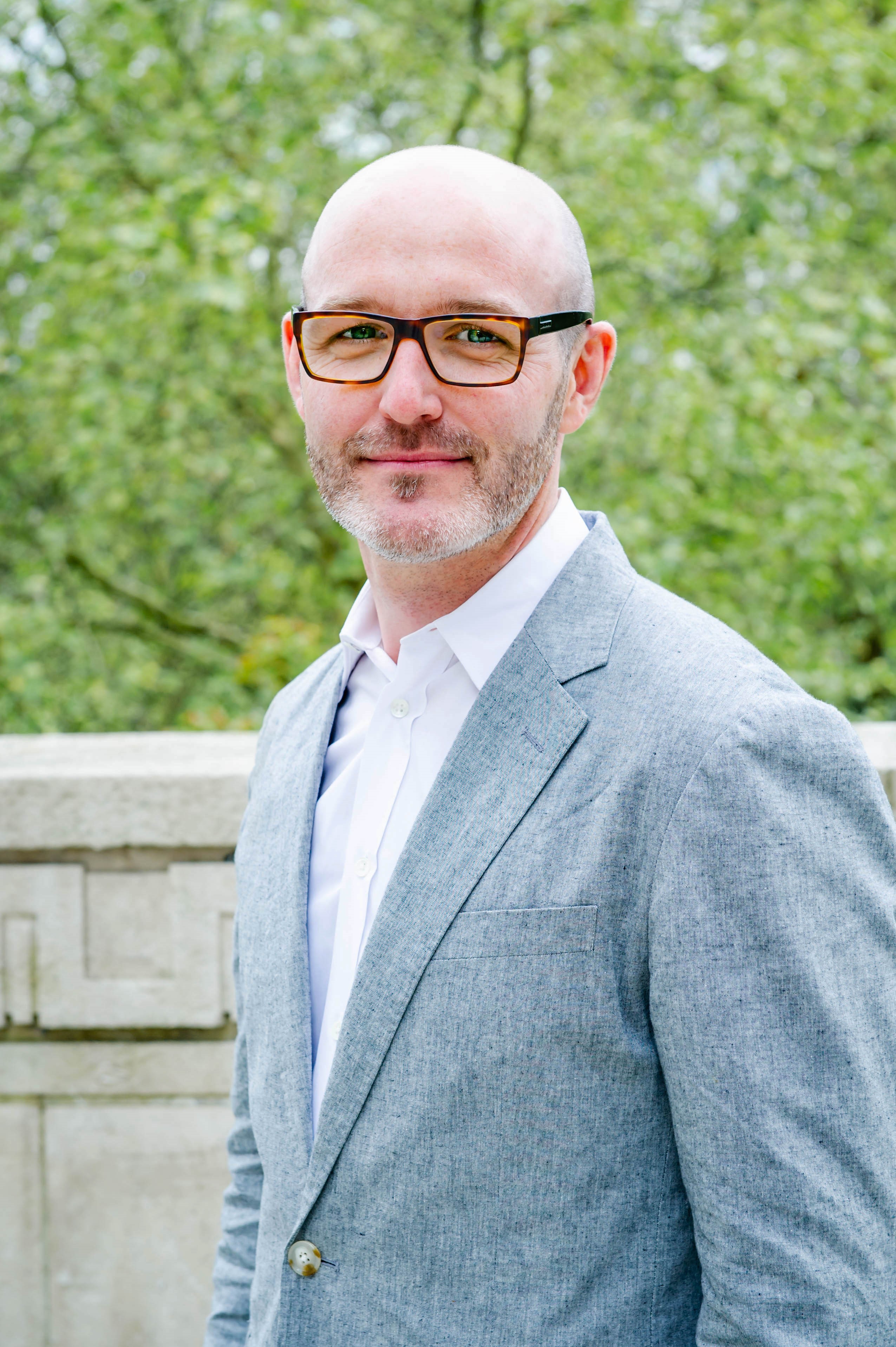
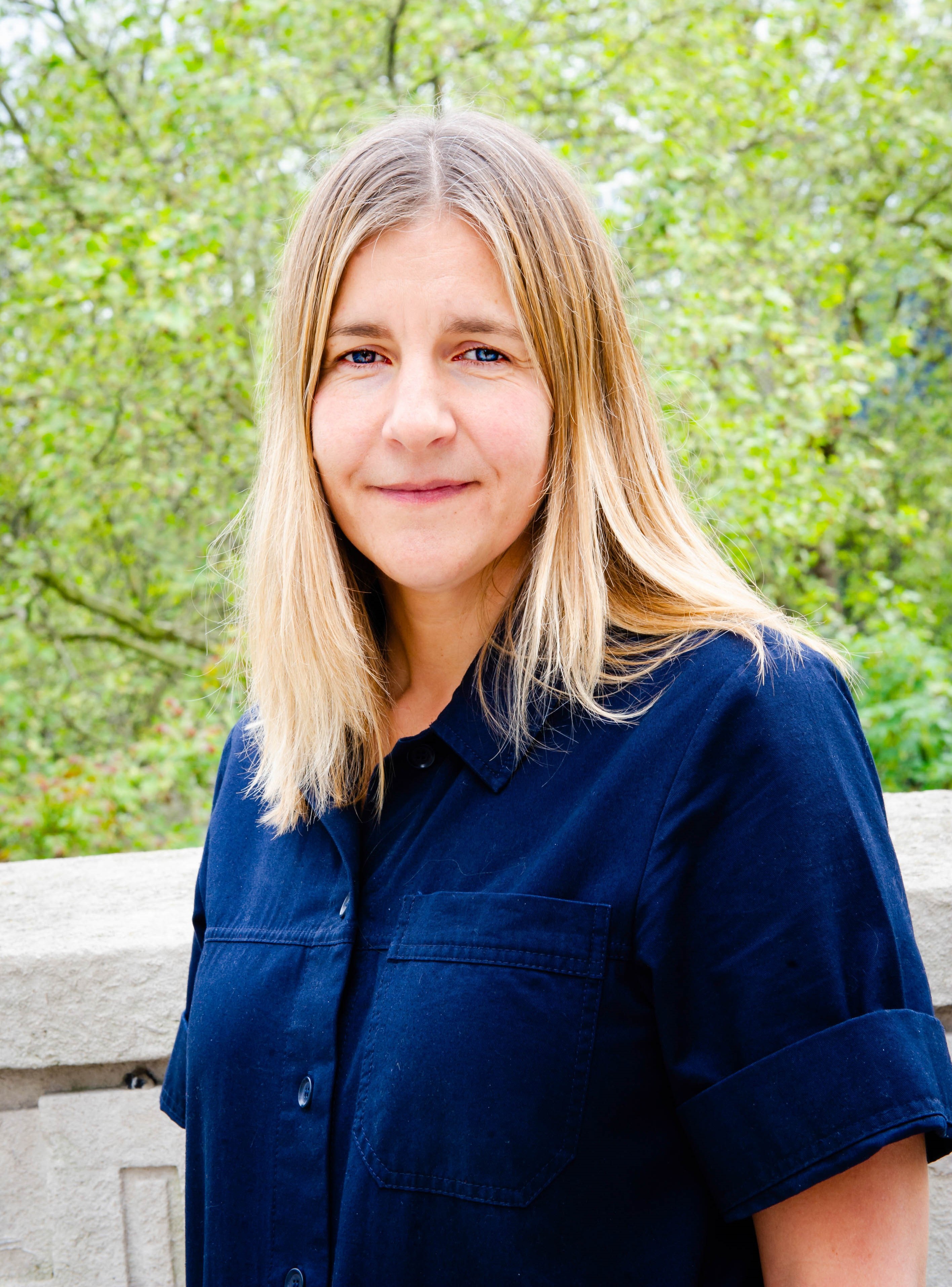

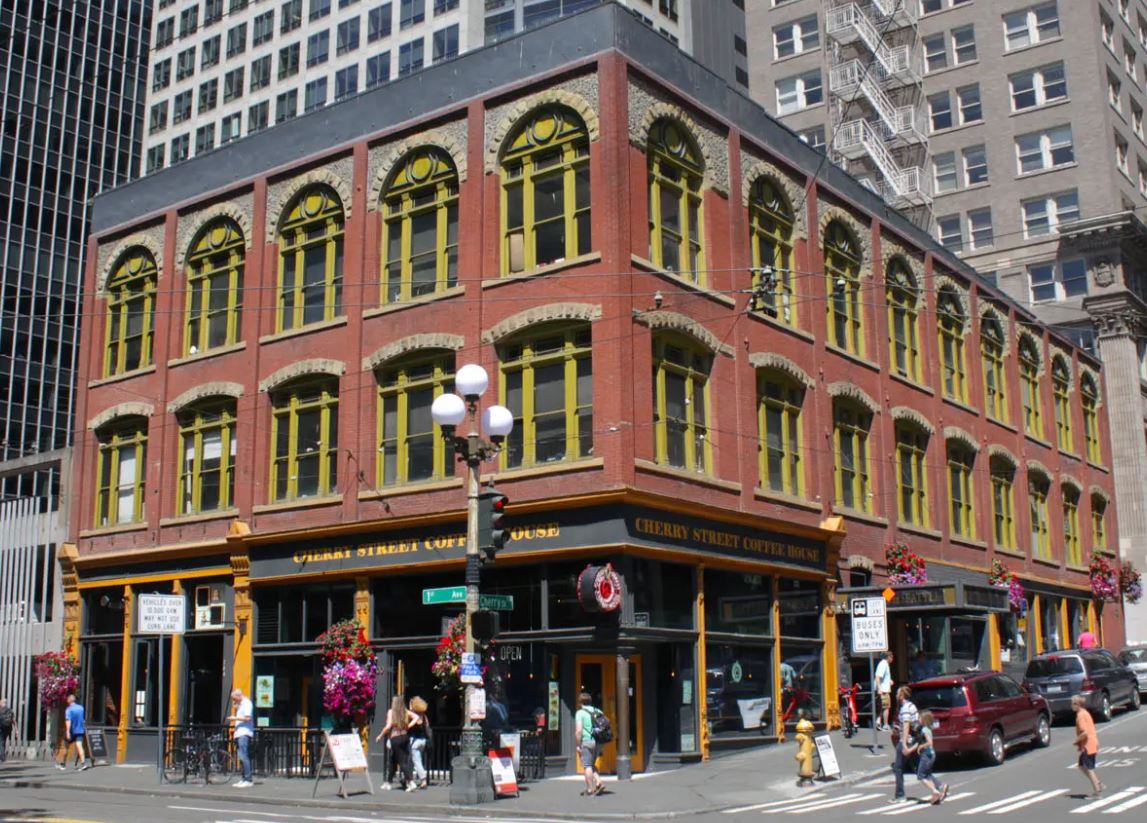

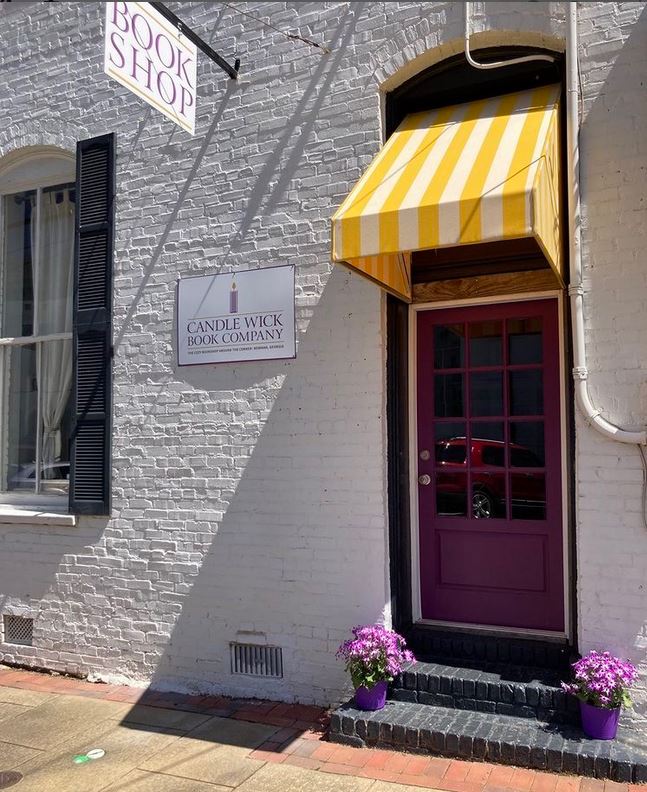

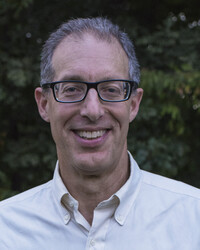
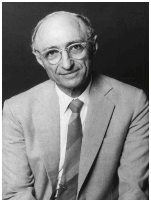
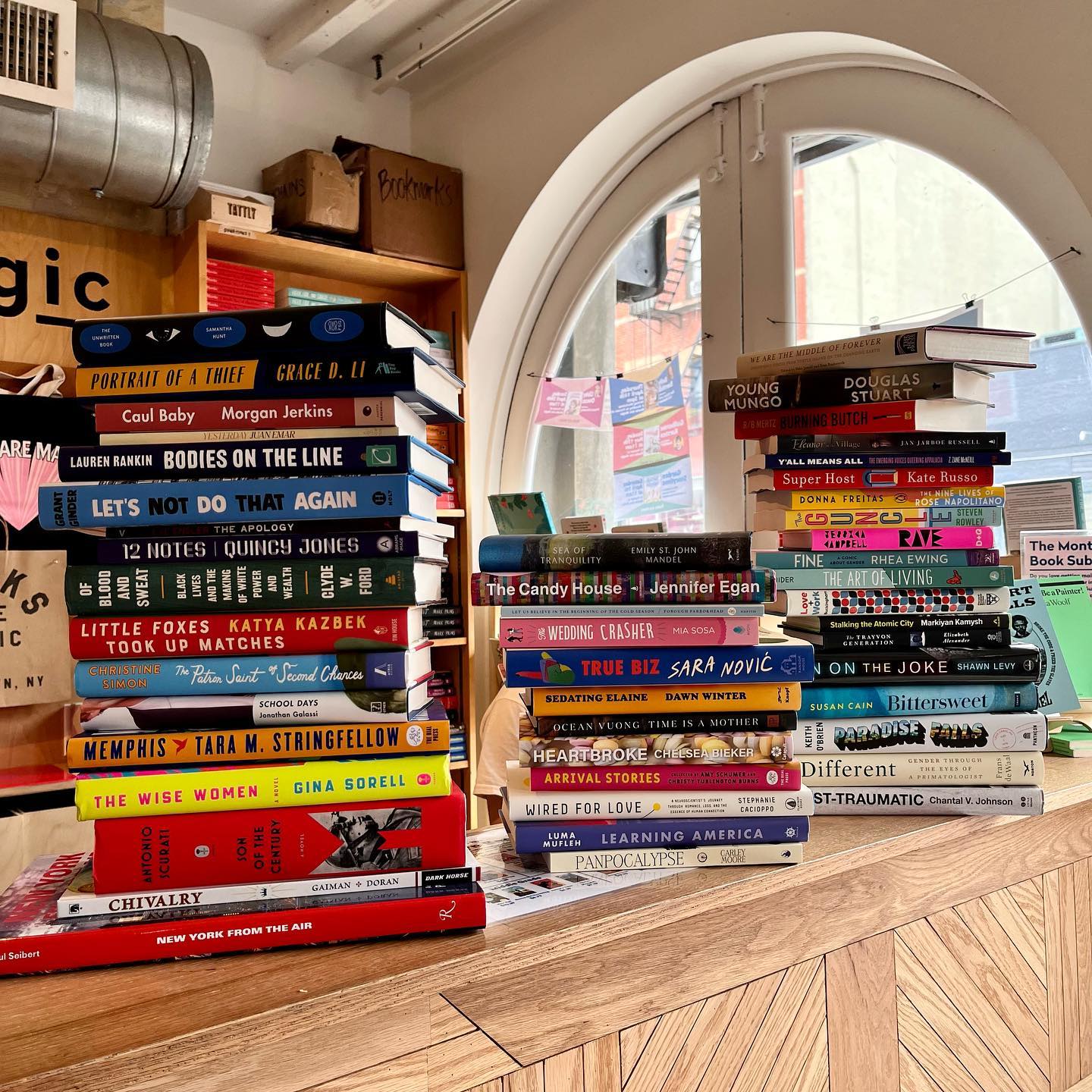 Posted on Facebook yesterday by
Posted on Facebook yesterday by 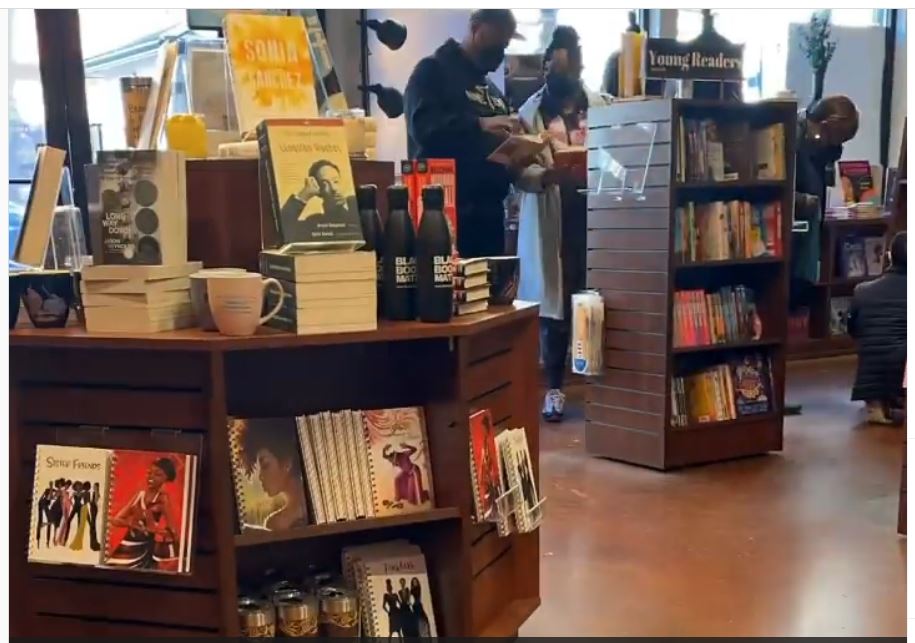
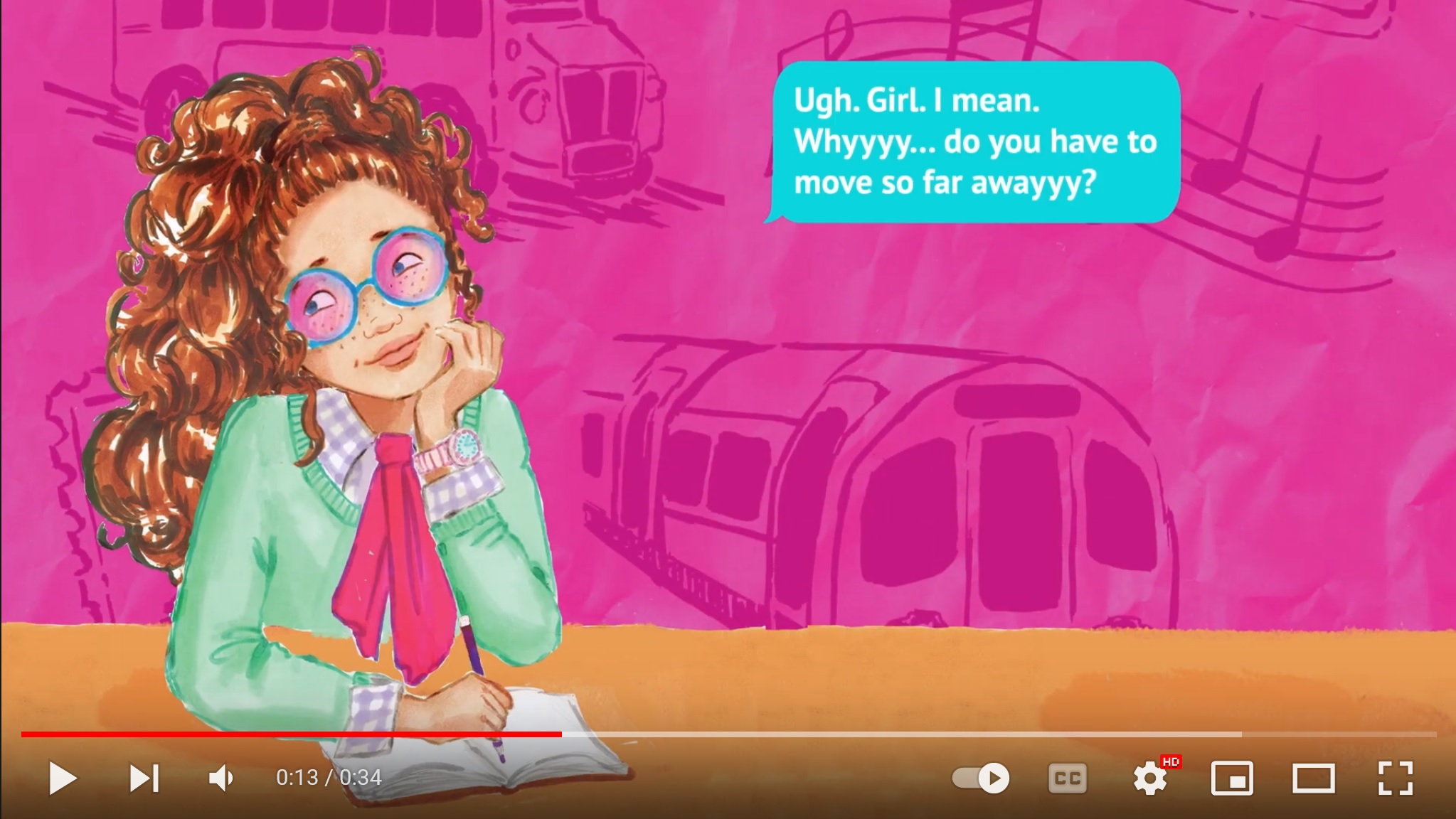 The Zee Files
The Zee Files
 Book you're an evangelist for:
Book you're an evangelist for: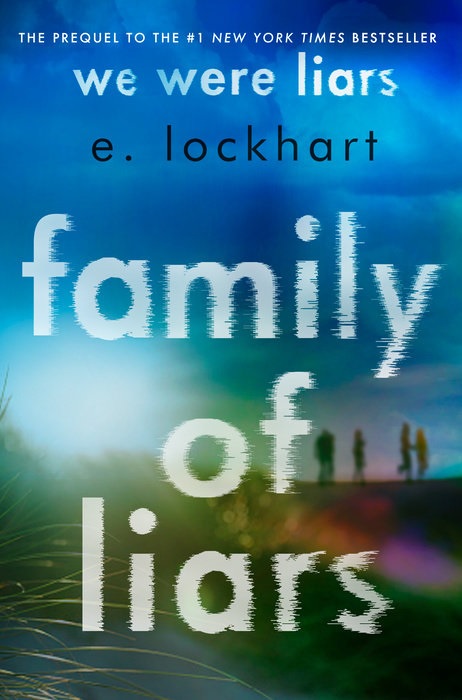 E. Lockhart (
E. Lockhart (